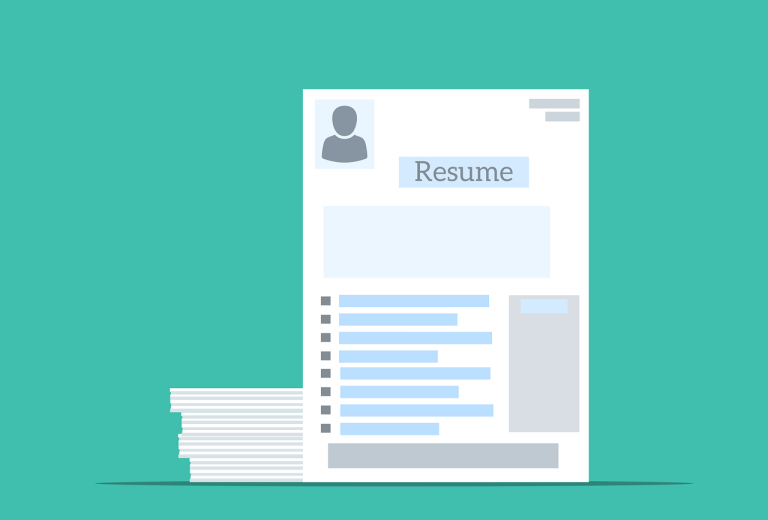March 22, 2023
How to choose the right editor: 6 tips
How to choose the right editor

Choosing the right editor can be a daunting task, especially in a saturated market full of businesses and individuals claiming to offer the best editing services in town.
However, there are some key tips you can keep in mind when trying to find the right person to work with.
In this article, we outline six simple questions you can ask yourself to help find the professional editor who’s right for you:
- Are they reliable and trustworthy?
- Do they have sufficient experience and/or qualifications?
- Do they edit the right kind(s) of documents?
- Do they provide the specific editing services I am seeking?
- Can they meet my desired deadline?
- Will they make me a better writer?
Below, we walk through each of these questions in detail, providing more information about what to look for and ask when you’re seeking professional editing and proofreading services.
1. Are they reliable and trustworthy?
It takes time to establish a good reputation and demonstrate trust and reliability; everyone has to start somewhere, and the absence of a well-established professional reputation doesn’t necessarily make someone a bad or untrustworthy editor.
However, if you’re looking to have important or highly confidential documents edited, it’s best to find someone with a reputation for being reliable and trustworthy.
Here are some questions you can ask yourself to try to determine whether the person you have in mind fits this description:
- How long have they been in business?
- Have they received any reviews? If so, are the reviews largely positive?
- Do they have a professional-looking website?
- Is their business listed on Google?
- Do they belong to any professional organizations or groups?
- Do they make guarantees about the quality of their work and/or timeframes for turnaround?
- Are they active or present in their local communities?
- Are they listed in any reputable directories?
Once you feel satisfied with the answers to these questions, you can move on to the next step in determining whether the editor you have in mind is a good fit.
2. Do they have sufficient experience and/or qualifications?
Because just about anyone can call themselves a professional editor, you may want to take a few minutes to determine whether the person you have in mind has the right kind of experience and qualifications to work on your project.
For example, you might want to ask yourself the following questions:
- What type of education have they received?
- What professional training have they undertaken to become an editor?
- How many years of experience do they have?
- Do they have experience working with the type(s) of document(s) I need edited?
- Can they provide a sample of their work?
Depending on your unique circumstances and preferences, you may also want to ask:
- Do they have experience working with ESL clients?
- Are they native English speakers, or do they have demonstrated native-level English skills?
These questions can help you identify a well-qualified professional to assist you with your proofreading and editing needs.
3. Do they do they edit the right kind(s) of documents?
There are many types of documents in the world, and each has its own unique requirements regarding language use, style, tone, structure, formatting, etc.
Similarly, professional editing and proofreading services cover a broad spectrum of documents drafted for very distinct purposes, and few editors work on all document types.
For example, some work exclusively with works of nonfiction, some work only on fiction, and others may work solely with small businesses, job seekers, or academics.
Here are some of the main types of documents that professional editors may work on:
- Novels
- Short stories
- Screenplays
- Academic documents
- Student essays
- Admissions essays
- Blogs
- Website copy
- Marketing emails
- Social media content
- Resumes and cover letters
First, you’ll need to identify what type of document you are looking to have edited and then ensure that your target editor offers that type of editing service. Additionally, you’ll probably want to ask yourself:
- How much experience do they have working with this type of document?
While the absence of experience isn’t necessarily a bad sign, it can be helpful to have a well-seasoned professional with practical experience working with your type of document.
4. Do they offer the specific editing services I am seeking?
Once you’ve determined that a particular editor is reliable and trustworthy, sufficiently experienced, and able to edit the type of document you have, you’ll want to ensure that they can provide the exact services you’re looking for.
For example, there is a clear variation in the scope of editors’ services. Some offer only editing, some distinguish between editing and proofreading and offer one or both of these services, and some distinguish between types or degrees of editing.
Furthermore, there are various definitions of “editing” across the professional editing industry, so you’ll want to ensure that your editor provides clear, specific details about what their editing and/or proofreading services include.
So, it is best to really consider what you want and ask yourself the following questions:
- What do the editor’s editing services include?
- Does the editor distinguish between types of editing (e.g., copyediting vs. line editing)?
- Do they distinguish between editing and proofreading?
- Am I looking for proofreading or editing?
If you’re looking to have an academic document—such as a journal article, research paper, or grant proposal—edited, you’ll also want to ensure that the professional you have in mind is familiar with your chosen style guide. This also applies to students who are looking to have their essays or research projects edited.
So ask yourself:
- Are they familiar with my desired style guide?
For example, if you need to have your references and textual elements formatted according to American Psychological Association (APA) guidelines, you’ll want to ensure that your editor is familiar with this style guide.
5. Can they meet my desired deadline?
This question is especially important if you’re working with time-sensitive material, such as a job application, blog post, admissions essay, or journal article.
Take a look at your editor’s website to see if they mention what their turnaround time is like.
If you can’t find that information, be sure to reach out to ask them if they can meet your desired deadline.
If you’re working with a tight deadline, you’ll also want to note that most professionals charge a premium for “rush work.” This fee varies, so it’s important to check in with your editor to see how much they charge for this service.
6. Will they make me a better writer?
Granted, this may not be important to everyone. Some writers do not have the time, energy, or desire to become better writers and instead prefer to pay an editor to substantially improve each piece of their writing. If this is you, that’s totally okay!
However, many authors—including career authors, such as academics and literary authors—do wish to continuously improve their writing skills.
In this case, finding a dedicated editor who will take measures to help you become a better writer is important.
For example, you may wish to consider whether your editor will do the following:
- Take the time to explain why certain changes have been made
- Make suggestions that help you take your writing to the next level
- Provide detailed comments to help you improve the structure, flow, and content of your writing
- Point out logical errors and/or ineffective components of your writing
- Recommend resources you can explore to improve your relevant skills and knowledge
This kind of feedback is intended to help authors improve the current document while also improving their overall writing skills and setting them up for long-term success.
Summary
By working through these six main questions, you’ll be able to find the editor who is the best fit for you and your editing and proofreading needs.
If you’re currently in need of editing or proofreading services, you can also reach out to us here for a free, no-obligation quote.
Happy hunting!

Jess Blackwell
Jess is the founder of Lumida Ltd., a passionate environmentalist living a low-waste life, and a lifelong writer. When she isn't helping our clients make their writing shine, Jess can be found working on her writing projects, experimenting in the kitchen, or taking nature walks.
Share this.





